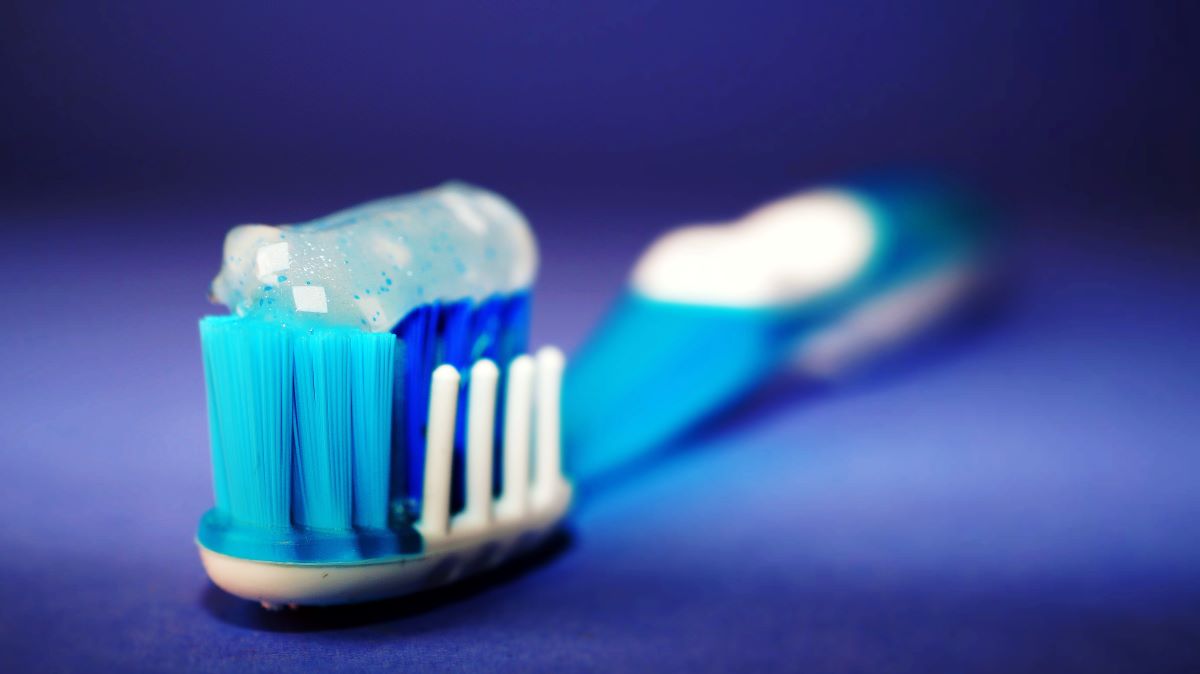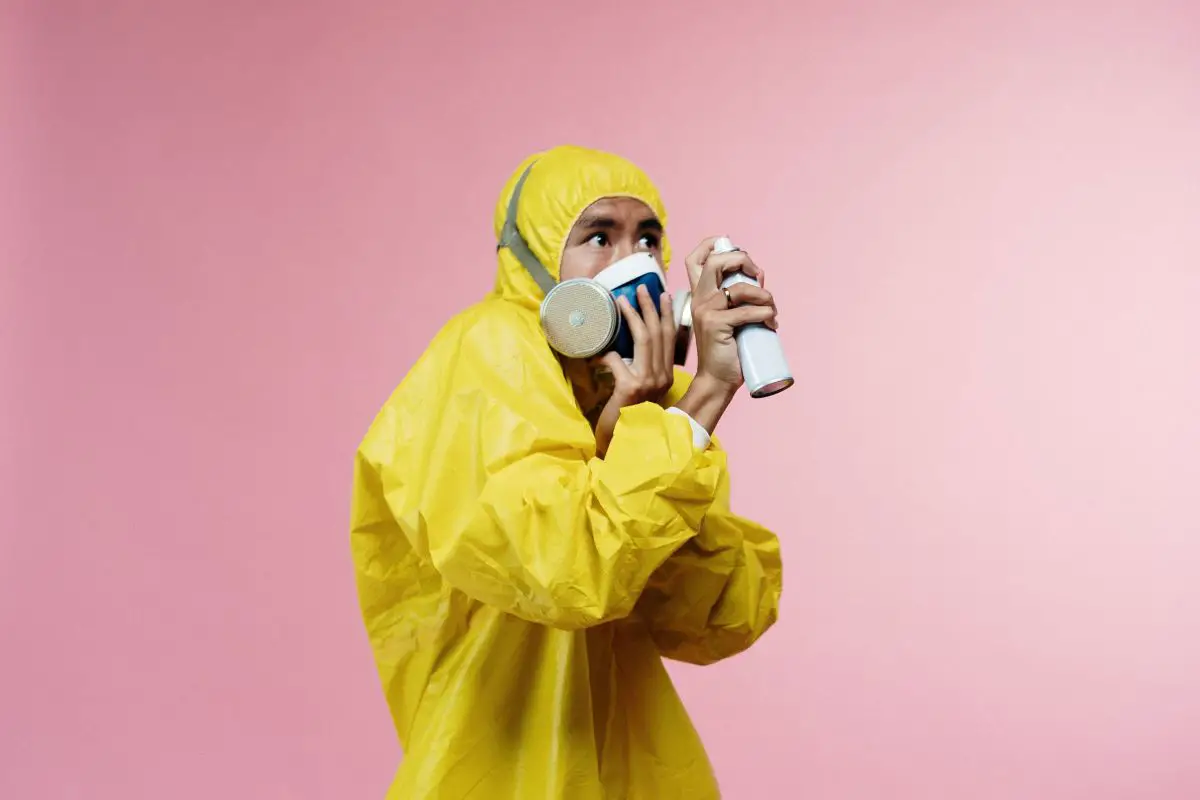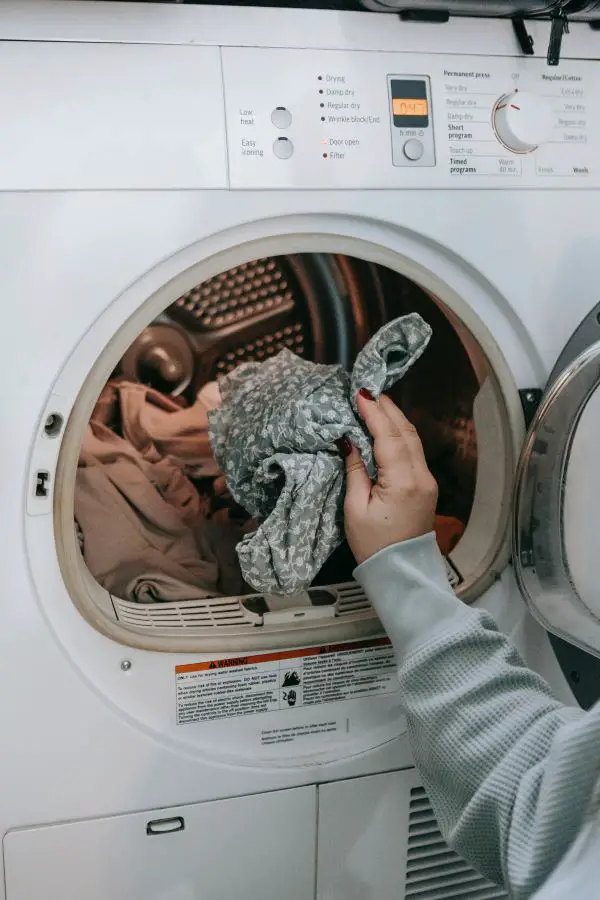Autism and Poor Hygiene: The Smelly Truth to Overcome
 Maintaining good personal hygiene is essential for everyone, as it promotes physical well-being, self-confidence, and positive social interactions.
Maintaining good personal hygiene is essential for everyone, as it promotes physical well-being, self-confidence, and positive social interactions.
However, individuals with autism often face unique challenges of having poor hygiene. And, yes, this is an important—and smelly—challenge that must be tackled head-on. That’s because autism and poor personal hygiene can result in social isolation, teasing, employment challenges, and even bullying.
Poor hygiene is a common challenge for individuals with autism. Sensory sensitivities, communication barriers, executive function challenges, and differences in social understanding can all contribute to poor hygiene.
But that doesn’t mean that everyone with autism exhibits poor hygiene. As I have stressed countless times, every individual with autism is unique, and the extent and nature of hygiene challenges can vary. What I will admit to, however, is that my autism journey has most definitely included poor hygiene.
I’m only now understanding the full extent as to why it was a problem for all these years. I’ll also address how I have remedied the problem with me personally.
Understanding why individuals with autism often struggle with hygiene is crucial not only for caregivers and healthcare professionals but also for fostering empathy and supporting those affected by this neurodevelopmental disorder.
4 Key Reasons Individuals with Autism Have Poor Hygiene
- Sensory sensitivities
Maintaining proper hygiene habits such as bathing regularly, brushing teeth, and wearing clean clothes may seem relatively simple to most people, but for those on the autism spectrum, these tasks can be overwhelming.Many individuals on the autism spectrum have heightened sensory perception, making them more sensitive to various sensations such as touch, smell, and sound.
For example, the feeling of water regarding autism and bathing on their skin may be overwhelming or uncomfortable. The sensation of brushing their teeth might also be bothersome due to the texture or taste of toothpaste.
Additionally, individuals with autism may have specific aversions to certain smells or textures associated with personal care products like soaps, shampoos, or deodorants.
These aversions can make it challenging for them to engage in regular hygiene routines as they may find these smells and textures intolerable.
The discomfort experienced during these activities can lead to avoidance behaviors and a reluctance to participate in personal care tasks. Of course, all this leads to autism poor personal hygiene.
Also, some individuals with autism struggle with adapting or transitioning between different activities or environments. This difficulty in transitioning can make it hard for them to switch from one task (such as playing a video game) to another (such as taking a shower).
As a result, maintaining consistent hygiene habits becomes an uphill battle for many individuals on the spectrum.
In many cases, parents or caregivers end up picking their battles and choosing which aspects are the most important. In some situations, poor hygiene takes a back seat due to ongoing battles and meltdowns to other, more critical needs. It can be a lifetime battle as well, as autism and hygiene in adults can be an ongoing challenge.
- Difficulty with executive functioning and organization
Individuals with autism often struggle with executive functioning and organization, which can contribute to difficulties in maintaining good hygiene. Executive functioning enables individuals to plan, organize, prioritize tasks, and regulate their behavior.Due to challenges in these areas, some may find it difficult to establish consistent routines concerning autism and personal care activities, resulting in poor hygiene.
Difficulties in organization can further create poor hygiene habits commonly observed in individuals with autism.
These challenges can appear in various ways, such as struggling to remember when and how frequently certain tasks need to be performed or having difficulty managing personal belongings like toiletries or clean clothing. The lack of structure and difficulty in organizing these essential aspects of self-care can lead to poor hygiene.
- Communication barriers and social interactions
Individuals with autism often face communication barriers and challenges in social interactions, which can contribute to poor hygiene.Communication difficulties associated with autism can make it challenging for individuals to understand and follow instructions related to personal care tasks such as showering, brushing teeth, or grooming.
They may struggle to comprehend the importance of maintaining good hygiene practices due to limited verbal and nonverbal communication skills.
Social interactions can also play a significant role in an individual’s hygiene habits.
People with autism often experience difficulty in understanding social cues and norms, making it challenging for them to navigate appropriate behavior in different situations.
This can lead to difficulties in recognizing when they need to engage in autism and personal care activities or seek help when necessary.
The challenge with autism is that even when directly told things like you have body odor or bad breath, the social importance is not truly understood. Often, family and friends are reluctant to keep telling the person, especially when it is either ignored or causes a scene.
In short, sometimes problems with autism and hygiene in adults and children alike is that the person on the spectrum doesn’t seem to “get” the importance of hygiene, no matter how many times they have been told or shown.
- The impact of disruptions and transitions
Individuals with autism often struggle with routine disruptions and transitions, which can have a significant impact on various aspects of their lives, including personal hygiene.Autism and poor hygiene can stem from difficulties in adapting to changes in their routine. For example, a sudden shift in the time they usually take a shower or brush their teeth may lead to resistance or refusal to engage in these activities altogether.
Additionally, individuals with autism often rely heavily on visual cues and sameness, so any alteration to the familiar environment or materials involved in grooming can be unsettling and result in an aversion to maintaining personal hygiene.
While individuals with autism may struggle with poor hygiene, some strategies can help improve body odor.
6 Strategies to Overcome Autism and Poor Personal Hygiene
- Sensory Considerations
To address sensory sensitivities, explore sensory-friendly alternatives for hygiene products. This could involve using fragrance-free or hypoallergenic soaps, soft-bristle toothbrushes, or specialized toothpaste designed for individuals with sensory sensitivities.Experimentation with different textures and temperatures can help identify what works best for each individual.
- Social Stories and Visual Supports
Social stories and visual supports can be powerful tools for individuals with autism to understand and follow hygiene routines. These tools provide clear, visual instructions and explanations for each step of a hygiene activity.Creating customized visuals, using visual schedule tools, or accessing specialized apps can help outline step-by-step instructions and aid in comprehension.
Social stories, in particular, can help individuals with autism understand the importance of personal care, highlighting the benefits and positive outcomes associated with maintaining good hygiene habits.
- Break Tasks into Manageable Steps
Complex hygiene routines can be overwhelming for certain individuals with autism. Breaking tasks down into smaller, manageable steps can facilitate learning and skill development.Begin by focusing on one aspect of personal care at a time and gradually introduce additional steps as progress is made.
Celebrating achievements along the way, no matter how small, can reinforce positive behaviors and motivate to continue building new skills.
- Establish Consistent Routines
Routine and predictability are important for individuals with autism. Creating a structured schedule for hygiene activities ensures that they are consistently performed at the same time each day.Visual timers or alarms can help individuals understand the duration of each task and maintain a sense of control over their routine. By establishing a predictable schedule, individuals can feel more comfortable and secure in their autism and daily hygiene practices.
- Reinforcement and Positive Reinforcement
Offering positive reinforcement is a powerful motivator for individuals with autism. Praise, rewards, or token systems can be used to acknowledge their efforts and progress in developing hygiene skills. It is important to find what motivates each individual, whether it is verbal praise, a preferred activity, or a small treat.By consistently providing positive reinforcement, individuals with autism are encouraged to continue practicing and improving their hygiene habits. Eventually, autism and poor hygiene can mostly be eliminated.
- Seek Professional Support
If poor hygiene challenges persist or significantly impact an individual’s well-being, it may be beneficial to seek guidance from healthcare professionals, occupational therapists, or behavioral therapists who specialize in autism.These professionals can provide personalized strategies, address specific concerns, and offer ongoing support. They can also help identify underlying factors contributing to hygiene difficulties and develop tailored interventions to address them.
Maintaining Support and Understanding of Autism and Hygiene in Adults
Poor hygiene challenges are common among individuals with autism, but with patience, understanding, and targeted support, positive progress can be achieved. By considering sensory sensitivities, utilizing visual supports, breaking tasks into manageable steps and establishing consistent routines, we can empower individuals with autism to develop effective hygiene habits and enhance their overall well-being.
It is crucial to approach hygiene challenges in individuals with autism with empathy and understanding.
Sensory sensitivities can play a significant role in their discomfort and resistance to certain hygiene activities. Recognizing and addressing these sensitivities is essential. Encouraging individuals to participate in selecting sensory-friendly alternatives, such as specific textures or temperatures that they find more comfortable, can help increase their engagement and cooperation.
Incorporating social stories and visual supports into hygiene routines can also make a substantial difference. Social stories provide individuals with autism with a narrative that explains the purpose and importance of each step in a hygiene routine.
Visual supports, including visual schedules, step-by-step instructions, or pictorial representations, help autism and poor personal hygiene challenges by promoting understanding of the sequence of tasks and provide a visual reference for completing them independently.
Breaking down hygiene tasks into manageable steps is vital for individuals with autism. This approach allows them to focus on one aspect at a time, gradually building confidence and skill. By celebrating their achievements, whether it is successfully brushing their teeth or washing their hands independently, we reinforce positive behavior and motivate them to continue practicing and improving their autism and personal hygiene skills.
Establishing consistent routines is a cornerstone of promoting good hygiene habits. Individuals with autism thrive in predictable environments, where they can anticipate what comes next. By creating a structured schedule for hygiene activities, individuals know what to expect and can prepare themselves mentally for each task.
This consistency helps reduce anxiety and provides a sense of control, ultimately fostering a more positive attitude towards hygiene routines.
Positive reinforcement is a powerful tool in encouraging individuals with autism to engage in and maintain good hygiene practices. Identifying meaningful rewards or incentives that resonate with each individual is key. It could be verbal praise, a preferred activity, or a small tangible reward. By consistently offering positive reinforcement, we reinforce the connection between their efforts and the positive outcomes, motivating them to continue practicing good hygiene habits.
Seeking professional support can be invaluable for addressing persistent hygiene challenges. Healthcare professionals, occupational therapists, or behavioral therapists experienced in working with individuals with autism can provide individualized strategies and interventions. They can assess underlying factors contributing to hygiene difficulties and offer targeted support to address specific needs. Collaboration with professionals can also provide families and caregivers with guidance and resources to promote consistent and effective hygiene practices.
My Poor Hygiene Journey
I have had my own poor hygiene problems in the past. Luckily, as a young adult, I have made a lot of progress and have at least mostly fixed my challenges. I will admit, however, sometimes it’s a bit of a struggle but I’m always trying to improve myself.
I’m glad I have finally fixed my poor hygiene because it always led to a lot of embarrassing situations. I believe it has really been one of my biggest struggles (just ask my mom). I’ve even reached out to others on my Facebook page and other sources about why so many people with autism don’t really care for hygiene.
The consensus seems to be that many autistics really just don’t see the reason for it, so they view it as unimportant. Of course, we all know that isn’t true, and proper hygiene is an essential aspect to have to be socially accepted. (Nobody wants to be around someone who really smells bad, after all.) A Reddit thread discusses poor hygiene, and it seems like many autistics have the greatest problem with brushing their teeth.

In fact, I would “fake” my hygiene rituals on occasion so I wouldn’t have to do them, like turning on the shower but not actually getting in the water, using soap, or washing my hair. I also liked to wear the same outfit again and again.
In fact, my parents even wanted me to do a therapist to talk about it and try to get to the root of the issue but of course that’s just silly because no one can force you to take care of yourself, it has to be an active choice and consistent because you have to do it every day.
All the efforts combined, along with my growing up and maturing, must have worked. I do it properly now and am consistent at exhibiting proper hygiene overall. I also take pride in having clean, fresh clothing to wear every day (and I do my own laundry).
Covid also had me going in the opposite direction for a while with excessive hand washing and being somewhat of a germaphobe, but it’s not really a surprise considering all the news media coverage and fears about the pandemic. But that has balanced out as well.
As a result, I hope I can encourage others with autism to do the same because it is worth it.
With patience, understanding, and support, we can help individuals with autism navigate personal care routines, promoting their well-being and confidence in daily life.
Additional Challenges Individuals with Autism Face
Learn more about other issues that autistics face:
- New Research Reveals Autism Mental Health Linked to These Disorders
- Is Autism a Disability? Surprising Reasons for the Debate
- Autism and Holidays: Why Special Occasions Can Be Challenging
- 6 Fascinating Facts About Autism You Probably Didn’t Know
- 8 Popular Ways to Manage and Master Autistic Social Awkwardness
- Breaking Down Barriers that Challenge Autism and Friendships
- Anxiety and Autism: 5 Powerful Strategies to Conquer Emotions
- Growing Up Autistic: How I Overcame Challenges and Now Thrive
- 6 Ways to Tackle Autism Fireworks Anxiety and Sensory Overload
- Autism Family Support: 5 Ways to Achieve A Happy Household

 They may struggle to comprehend the importance of maintaining good hygiene practices due to limited verbal and nonverbal communication skills.
They may struggle to comprehend the importance of maintaining good hygiene practices due to limited verbal and nonverbal communication skills.  Visual timers or alarms can help individuals understand the duration of each task and maintain a sense of control over their routine. By establishing a predictable schedule, individuals can feel more comfortable and secure in their autism and daily hygiene practices.
Visual timers or alarms can help individuals understand the duration of each task and maintain a sense of control over their routine. By establishing a predictable schedule, individuals can feel more comfortable and secure in their autism and daily hygiene practices.